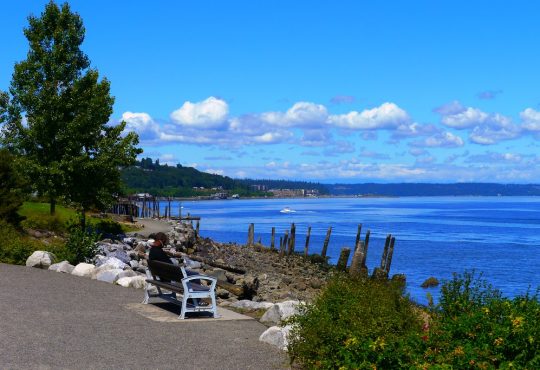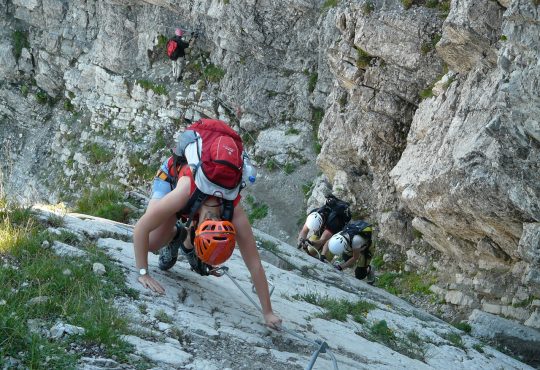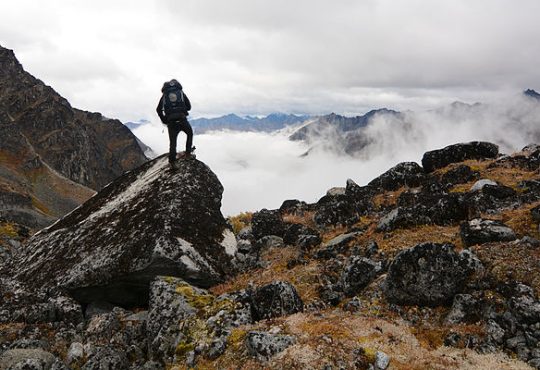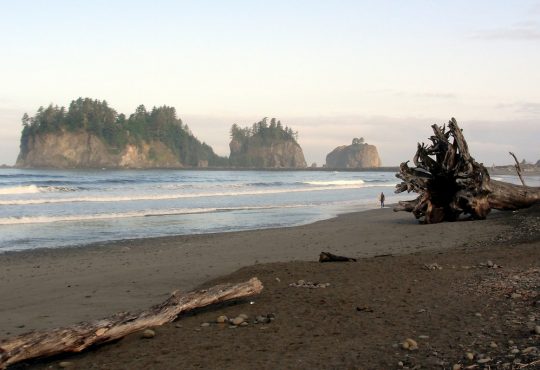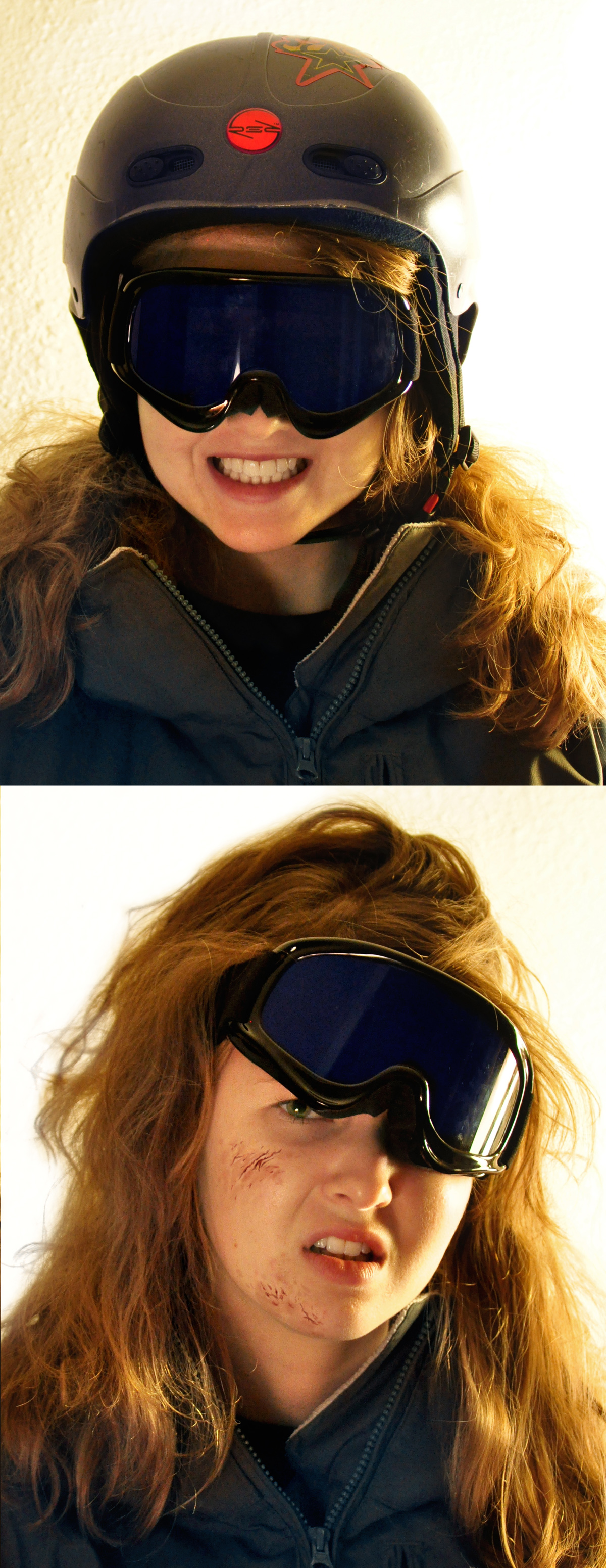
Skiers and snowboarders have been battling over the mountain for years. Boarders complain that skiers are too slow and get in their way. Skiers complain that boarders fly down the mountain recklessly with no concern for others around them. But one issue concerns both snow sport enthusiasts: helmet safety.
The need for a helmet law on the mountain is something that both skiers and boarders can agree (or disagree) on.
Since the death of actress Natasha Richardson in March of 2009, the debate about whether a helmet law should be mandated has begun to fuel an international debate. According to the National Ski Areas Association (NSAA), Richardson died from a fall while not wearing a helmet. And it could have been prevented had she been wearing one.
The National Ski Area Association urges skiers and boarders to wear a helmet. NSAA reports that fatalities from skiing or boarding accidents are rare: one death for every 2.5 million skier days.
Although the fatality rate may appear low, the occurrence strikes close to home.
According to a report from the Oregonian, last February a 23 year old snowboarder died on Mt. Hood while doing the rails and jumps. His father is now pushing for a mandatory helmet law.
Sure, it seems silly to sport a helmet when you live only two blocks away, but accidents can happen anywhere.
Justin Canny, the Coordinator of Puget Sound Outdoors (PSO) believes helmets are important to one’s personal safety and can be seen wearing one on his bicycle to and from campus.
Here at Puget Sound, it’s common to see bikers zipping around campus sans helmet. Puget Sound Outdoors Coordinator Justin Canny believes helmets are important to personal safety.
Canny admits, however, that the Expeditionary does not require ski helmets to be worn on PSO trips, and they actually do not offer rental helmets.
“It is difficult to encourage such a practice when helmets cannot be as easily cleaned like lot of the other gear we rent out. Instead, when you take the ski shuttle, you sign a liability form accepting the risks that come along with skiing,” Canny said.
Canny believes that although a ski helmet mandate is a good idea, it probably wouldn’t be well-enforced; he remarked, “It is a common notion among students that they will be just fine and don’t consider the possibility that someone else could run into them on the mountain. It would be difficult to institute such a helmet law because there is a strong anti-government sentiment among many students these days.”
The Puget Sound Ski Team takes a similar stance on the issue regarding helmets.
Puget Sound Ski Team President Kelsey Baran said that racers are required to wear helmets and most of the members wear them, even when they are not racing. “They keep your head warm and since we’re fast skiers, there is a higher probability that we may crash.”
In reference to debate over a ski helmet law, Baran pointed out that “students don’t like to be told what to do, so a law probably wouldn’t be very effective.”
Nonetheless, Baran said she has observed a trend of more acceptance for helmets among skiers on the mountain.
Although a ski helmet law will not be enforced anytime soon, the movement towards understanding the importance of helmets is slowly evolving.
Ski teams can be seen wearing helmets at all times.
The NSAA reports that 48 percent of skiers and boarders now wear helmets, up from about 20 percent seven years ago.

